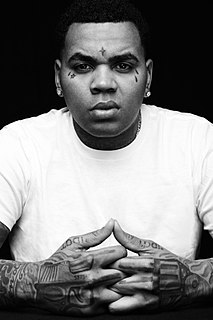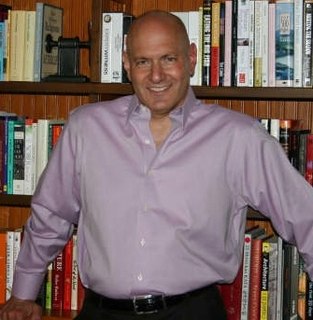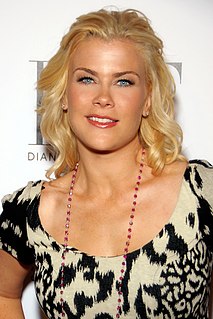A Quote by Kendra Wilkinson
When I was a teenager, I battled some severe depression.
Quote Topics
Related Quotes
Because depression is so thematically powerful and so dark, when it's very severe, it can make people feel not only as if they've lost a loving connection, but as if the whole world is devoid of love. So if we wonder how somebody could take 149 people with him when he commits suicide, one answer can be that depression, when it's most severe, can make people feel that life is completely without value, not just for them but for anyone.
Manic depression is a type of depression, technically, and it's the opposite of uni-polar. Manic depression is also called bi-polar disorder. Some people don't like to call it that because they think it makes it sound too nice, when the reality is if you have manic-depression you have manic-depression.
The Fed was largely responsible for converting what might have been a garden-variety recession, although perhaps a fairly severe one, into a major catastrophe. Instead of using its powers to offset the depression, it presided over a decline in the quantity of money by one-third from 1929 to 1933 ... Far from the depression being a failure of the free-enterprise system, it was a tragic failure of government.


































